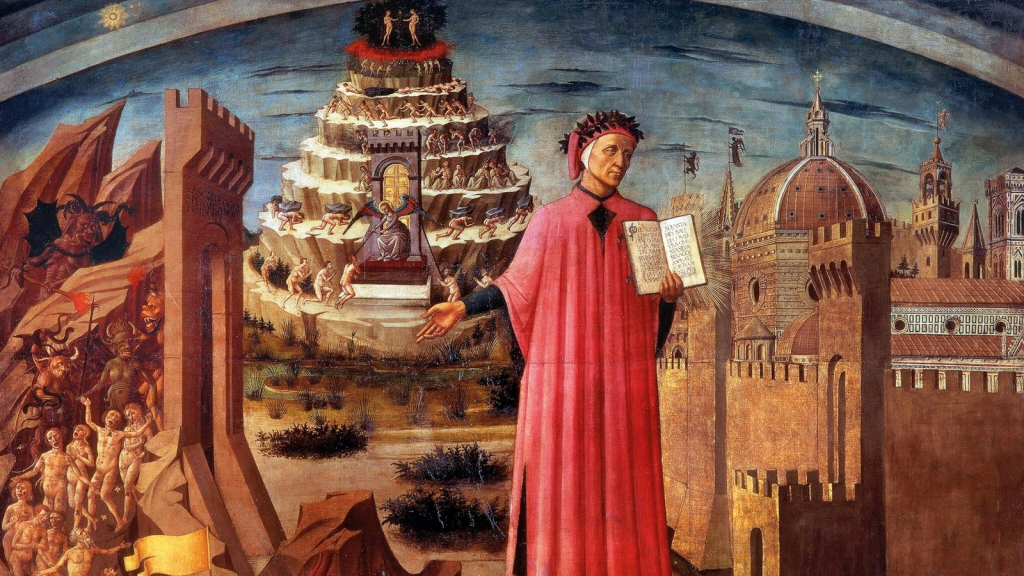The Land of Shadow

Dante described it as nine downward-spiraling concentric circles of varying punishments in relation to those that dwelled within them. For Milton, it was a land of flames, and yet “from those flames, no light, but rather darkness visible.” Great theologians have described it as the absolute absence of God, a place of utter nothingness, the non-occurrence of hope. In the popular imagination, we have an underworld of flames and forked-tongued demons, prodding at sinners for all eternity.
All of this, however, stands as speculative. As Christians, we know almost nothing about hell, and much of what we believe is open to interpretation and the imagination. The nature of punishment, the presence of souls, the personification of Satan and his demons: all remain subjects of reasonable critique and open perspective. In our culture today, even the little we do hold as evident and clear – the existence of hell and its contrasting nature to heaven – comes under heavy skepticism and judgment. Such are the dangerous times in which we live, for as Plato first understood, if there existed not a place following death for injustices to be punished and rectified, then the world would have no justice, and therefore could not be good. As James V. Schall, SJ, notes about the potential of ending up in hell in his work At the Limits of Political Philosophy, “without the realization of this risk, of the seriousness of this freedom, human life would be trivialized.” Paradoxically, hell must be a serious option for men and women to choose if free will is to be deemed a serious component of rational life.
Mordor is not hell: but it aspires to such an end, and beyond the Mountains of Shadow upon the plains of Gorgoroth and within the valleys of the Morgai we experience relative intensities of the absolute struggles of the inferno. Within the Black Lands the ash chokes our breath and dries out our mouths; the sun hardly shines and even night is a haze; little water flows and only the hardiest of plants contend fruitlessly. Under the unsleeping eye of Barad-dûr, bickering and feuding orcs and wicked men camp crowdedly upon the desolate earth. Hope itself seems hardly able to endure.
Such are the qualities of hell on earth, the physical hell we ourselves can create without proper stewardship and care for creation and the land. Yet spiritual hell cannot be expressed with confidence upon the pages of the written word. People who have experienced a taste of such darkness are loath to recall it. Frodo and Sam have not totally despaired: though stunted and oily, some life does remain in the land of Mordor, and through the dust the stars still remind us of a hope that lies beyond. In Sauron’s domain we, like our hobbits, encounters the boundaries of hell, the limits that the human mind can comprehend.
On this Maundy Thursday, at the Feast of the Last Supper, hell may not seem the appropriate topic of reflection. Yet it is hell that reminds us of the ultimate purpose of everything we now experience as we begin the Triduum. Every ridicule Christ endures, every stripe Christ bears, every pound of the Cross Christ carries: all are done in defiance of hell and its hold on us mortals. None but Christ Himself can undergo the tribulations of death and hell and rise again still whole. In his exhortations, his examples, and his Eucharist this day, God provides that which we need to survive the lesser hells we experience in our waking, and to turn away from the greater hell that would seek to transform all the world into a far more desolate Mordor.